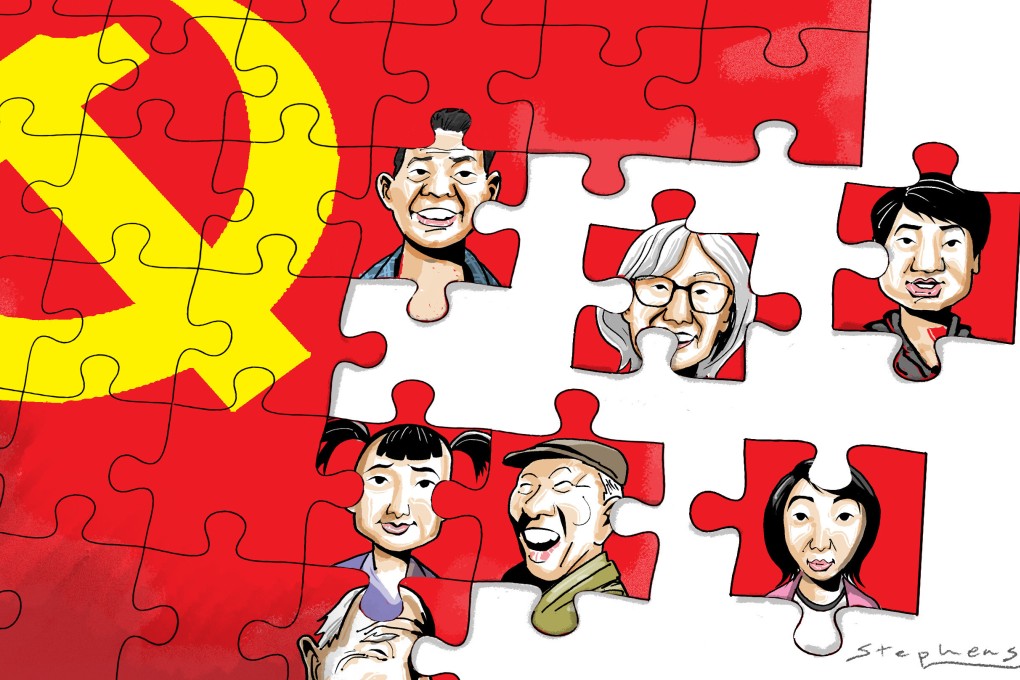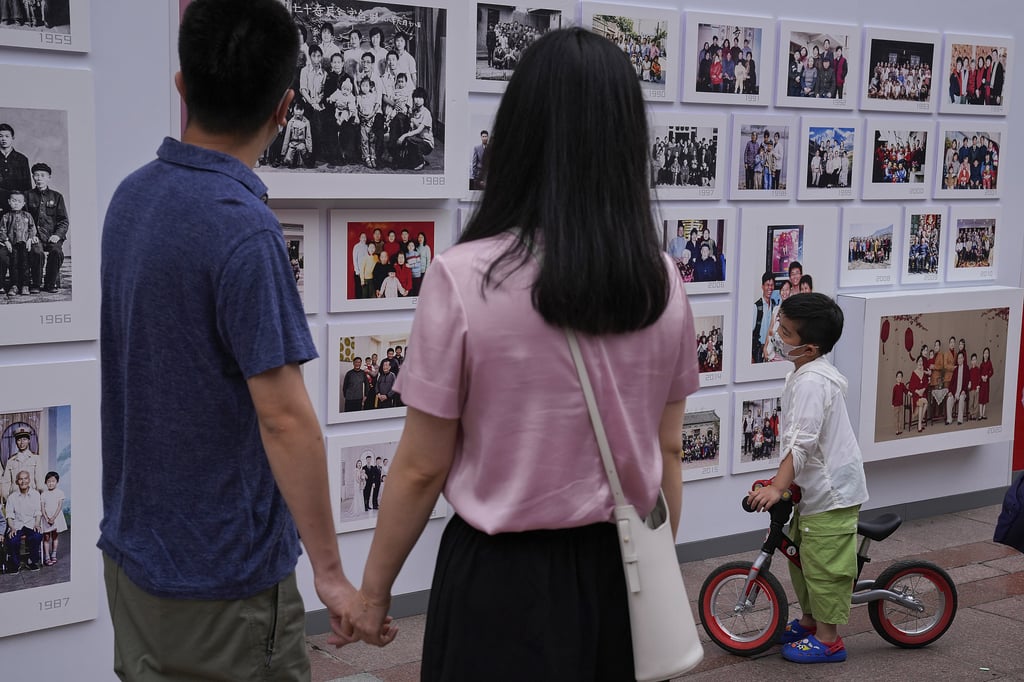Opinion | Chinese diplomacy advances the common good, but China will fight back if its interests are threatened
- While national rejuvenation remains a top priority, China is committed to pursuing win-win cooperation, and will foster all-round and balanced relations with major countries
- Beijing also has every right to take countermeasures against hegemonic acts by anti-China forces

China’s diplomacy is conducted under the party’s leadership for the benefit of the Chinese people. China’s diplomacy has been fully involved in China’s tremendous transformation. The Chinese nation has not only stood up, but has also grown prosperous and is becoming strong. Under the party’s leadership, Chinese diplomacy has several salient features.
First, it is committed to keeping abreast of the times. The party led the people to achieve independence and liberation amid the flames of war, started a new chapter in China’s history, and contributed significantly to the defeat of fascism in World War II.
China established an independent foreign policy of peace after the founding of the People’s Republic of China, has actively integrated into the world economy since its reform and opening up, and contributed to human progress with its major-country diplomacy with Chinese characteristics in the new era. China’s diplomacy has followed global trends, and at the same time consistently broken new ground in both theory and practice, showing its vision and initiative.

Second, Chinese diplomacy puts people first. The Communist Party’s mission is to seek happiness for the Chinese people and rejuvenation for the nation. Accordingly, China’s diplomacy is all about serving the people wholeheartedly, and realising and safeguarding the fundamental interests of the greatest majority of the people.
